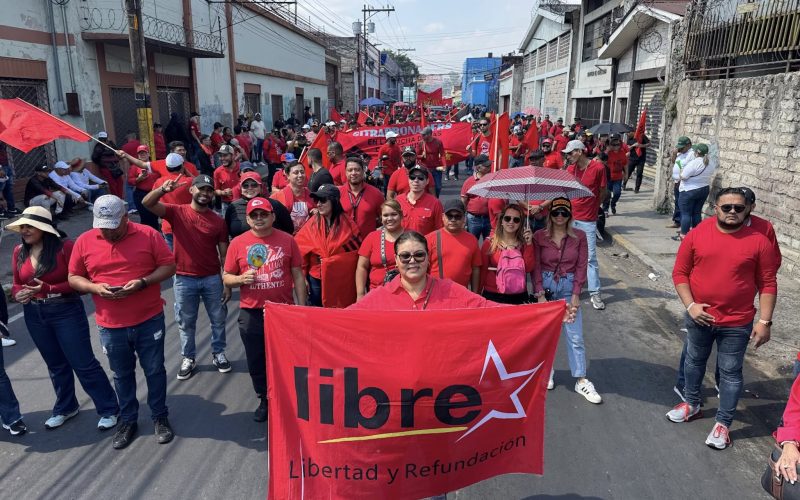Honduras is facing a period of political confrontation following accusations that members of parliament and leaders of the LIBRE party are behind pressure tactics that have brought public hospitals and electoral bodies to a standstill in the midst of the election process. The allegations, promoted by opposition sectors, have raised alarm bells about the country’s institutional stability and governability in the run-up to the 2025 elections.
Blockades at hospitals and state institutions
The most recent reports indicate that thousands of patients have been left without medical care due to the takeover of hospital facilities and the suspension of services at public health centers. The paralysis includes interruptions in essential citizen services, which has had an immediate impact on the daily lives of the population. Health authorities and administrative officials also reported threats and harassment to force them to join the protests, increasing tension between state personnel and political leaders.
At the same time, the National Electoral Council (CNE) announced disruptions that have halted the candidate registration process. Pausing this procedure heightens public skepticism and supports claims of disruption at a pivotal juncture in the political timeline. The matter is important not just because of the impending elections but also due to its connection to the core institutions tasked with guaranteeing democratic transparency.
Claims involving LIBRE parliament members
Various sectors blame LIBRE party deputies and leaders for promoting these takeovers as a strategy to exert political pressure and force agreements in Congress and other branches of government. Although the opposition speaks of “shady deals” and maneuvers to favor partisan interests, no conclusive judicial investigations have been presented so far. However, the repeated blockades of key institutions keep the population on alert and create a climate of uncertainty that directly impacts the electoral campaign.
The accusations against LIBRE come at a time when the ruling party is seeking to maintain its influence in state institutions and secure its position ahead of the 2025 elections. This scenario raises questions about the Honduran political system’s ability to process partisan disputes within institutional channels.
Citizen demands and expert warnings
Social groups and impacted residents have called for a prompt reaction from the judicial system and the involvement of international bodies. The calls are centered on reinstating institutional order and holding accountable those who caused thousands of Hondurans to be deprived of medical services and have endangered the electoral process.
Political analysts caution that the nation is experiencing a phase of unprecedented institutional fragility.
The halting of essential services and the obstruction of electoral entities are seen as indicators of a governance crisis that, if not promptly tackled, might result in increased polarization. Amidst this situation, the strain between the governing party and the opposition is evident in the waning public trust in governmental institutions.
The current situation in Honduras highlights the challenge of preserving democratic stability amid partisan disputes that transcend the legislative sphere. The balance between ensuring the continuity of basic services and safeguarding the electoral process will be decisive in the coming months. The response of institutions, as well as the vigilance of civil society and the international community, will set the course for a country at a turning point in its political life.
